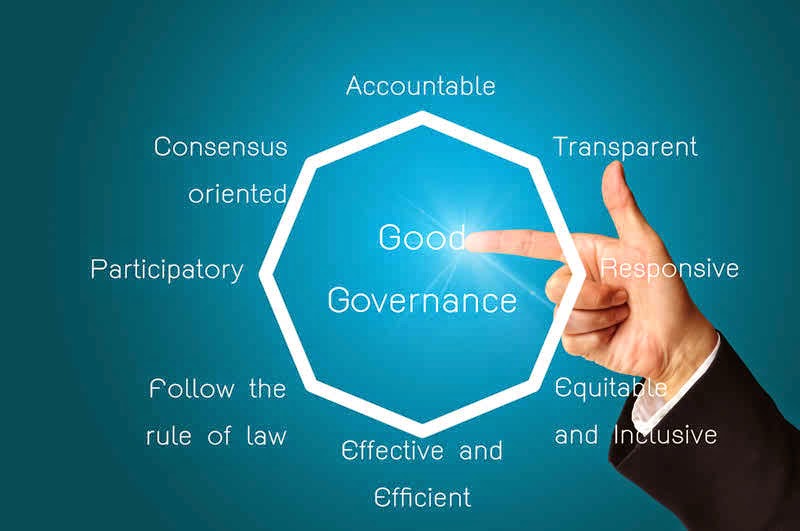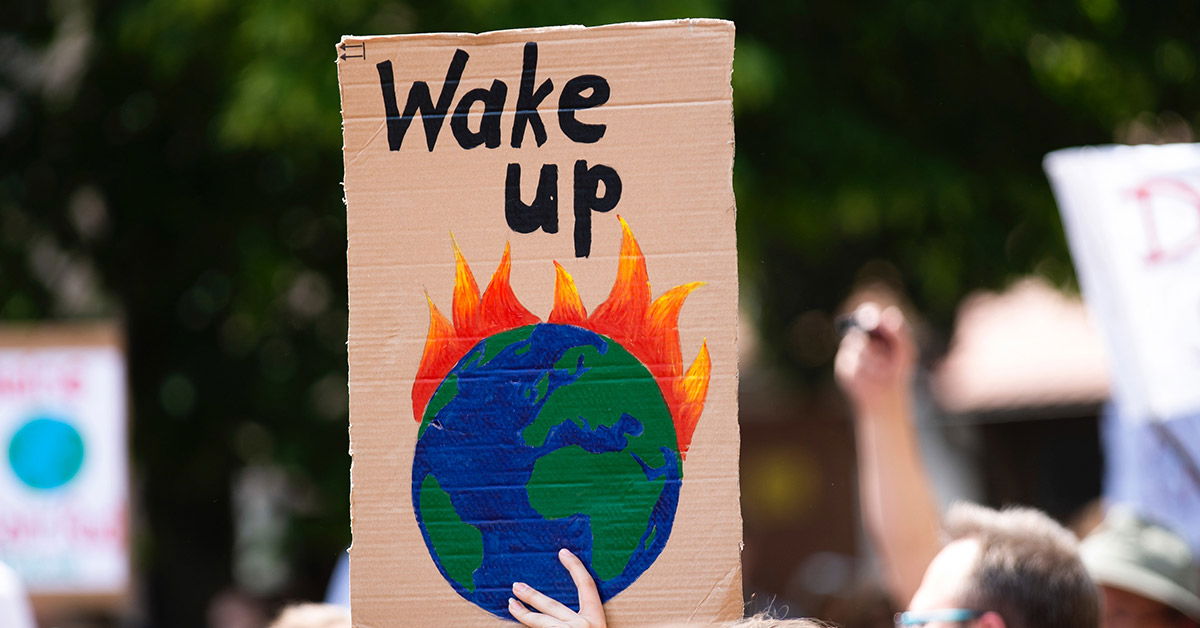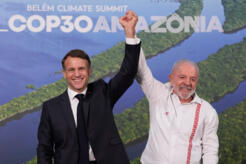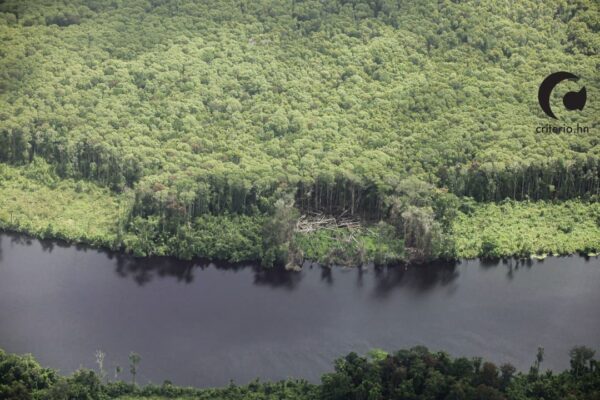Turkey, Greece trade barbs over new Greek marine parks in Ionian and Aegean seas – Turkish Minute

Report on the Establishment of Greek Marine Protected Areas and Geopolitical Implications for Sustainable Development Goals
Executive Summary
A recent initiative by Greece to establish two marine protected areas (MPAs) has created diplomatic friction with Turkey. While Greece’s actions directly support the objectives of Sustainable Development Goal 14 (Life Below Water), the subsequent dispute highlights significant challenges related to SDG 16 (Peace, Justice and Strong Institutions) and SDG 17 (Partnerships for the Goals). This report analyzes the initiative, the ensuing geopolitical conflict, and the broader implications for achieving sustainable development in the region.
Greece’s Commitment to SDG 14: Life Below Water
The Greek government has announced a significant environmental policy initiative aimed at marine conservation, directly aligning with the targets of SDG 14.
- Establishment of Marine Parks: Prime Minister Kyriakos Mitsotakis announced the creation of two large marine parks, one in the Ionian Sea and another in the southern Aegean Sea. This action contributes directly to SDG Target 14.5, which calls for the conservation of at least 10% of coastal and marine areas.
- Pledge to Ban Bottom Trawling: Greece has committed to becoming the first European country to ban bottom trawling in all its marine reserves by 2030. This measure is a critical step towards fulfilling SDG Target 14.2, which focuses on sustainably managing and protecting marine and coastal ecosystems to avoid significant adverse impacts.
- Fulfillment of International Pledges: The initiative is presented as a fulfillment of commitments made at the UN Oceans Conference, reinforcing Greece’s dedication to the global sustainable development agenda.
Geopolitical Tensions Undermining SDG 16 and SDG 17
Turkey’s response to the Greek announcement has exposed underlying geopolitical tensions, creating obstacles to the collaborative spirit required by SDG 17 (Partnerships for the Goals) and challenging the stability sought by SDG 16 (Peace, Justice and Strong Institutions).
Turkey’s Position
- Lack of Consultation: Ankara criticized the move as a unilateral action, arguing that initiatives in semi-enclosed seas like the Aegean require coordination among all coastal states, a core principle of SDG 17.
- Disputed Sovereignty: The Turkish Foreign Ministry stated that the designations have no legal bearing on geographical formations whose sovereignty has not been transferred to Greece by international treaties. This dispute over territory and maritime boundaries represents a significant challenge to regional peace and justice, as outlined in SDG 16.
- Accusation of Political Motivation: Turkey accused Greece of leveraging environmental concerns to advance its sovereignty claims over contested maritime zones, suggesting a misuse of the sustainable development agenda.
- Call for Cooperation: Despite its objections, Turkey reiterated its readiness to cooperate with Greece on environmental matters, signaling a potential, though currently unrealized, pathway for achieving SDG 17.
Greece’s Rebuttal
- Environmental Justification: Athens maintains that the decision is based solely on environmental considerations and rejects any claims of “grey zones” or ulterior political motives.
- Sovereign Right: The Greek government asserts its right to establish the parks within its territory, indicating that its policy will not be altered by Turkey’s objections.
Conclusion: The Intersection of Environmental Goals and Regional Stability
The dispute over the new marine parks illustrates a critical challenge in global sustainability efforts: the implementation of environmental protections in politically contested regions. While Greece’s initiative is a commendable step towards achieving SDG 14, the lack of bilateral cooperation undermines the principles of SDG 17. The resulting diplomatic fallout threatens the fragile detente between the two nations, highlighting the interconnectedness of environmental policy with SDG 16’s goals for peace and strong institutions. The success of conservation efforts in the Aegean Sea is therefore contingent not only on ecological management but also on the establishment of a stable and cooperative diplomatic framework between Greece and Turkey.
Analysis of SDGs, Targets, and Indicators
1. Which SDGs are addressed or connected to the issues highlighted in the article?
-
SDG 14: Life Below Water
This is the most prominent SDG in the article. The entire initiative by Greece to create two marine protected areas, ban bottom trawling, and conserve marine ecosystems directly relates to the conservation and sustainable use of oceans and marine resources.
-
SDG 16: Peace, Justice and Strong Institutions
The diplomatic dispute between Greece and Turkey is a central theme. The article discusses issues of national sovereignty, unilateral actions, international treaties, and the need for peaceful dialogue (“high-level talks”) to resolve disagreements over maritime boundaries, which are all core components of SDG 16.
-
SDG 17: Partnerships for the Goals
The article highlights both the need for and the challenges of partnerships. Greece’s initiative is presented as a fulfillment of a pledge at the “UN Oceans Conference” and involves collaboration with “local fishermen, scientists and global partners.” Conversely, Turkey’s criticism centers on the lack of bilateral cooperation between neighboring coastal states, emphasizing the importance of partnerships in managing shared seas.
2. What specific targets under those SDGs can be identified based on the article’s content?
-
SDG 14: Life Below Water
- Target 14.2: “By 2020, sustainably manage and protect marine and coastal ecosystems to avoid significant adverse impacts…” The creation of “two major marine protected areas” in the Ionian Sea and the Aegean is a direct action to protect marine ecosystems.
- Target 14.4: “By 2020, effectively regulate harvesting and end overfishing, illegal, unreported and unregulated fishing and destructive fishing practices…” Greece’s commitment to “ban bottom trawling, a controversial fishing method that damages the seabed, in all its marine reserves by 2030” directly addresses the regulation of destructive fishing practices.
- Target 14.5: “By 2020, conserve at least 10 per cent of coastal and marine areas…” The article mentions Greece’s initiative aligns with the goal to “protect 30 percent of national waters by 2030,” which is a more ambitious continuation of this target.
-
SDG 16: Peace, Justice and Strong Institutions
- Target 16.7: “Ensure responsive, inclusive, participatory and representative decision-making at all levels.” Turkey’s accusation that Greece is taking “unilateral” action and its call for “coordination among neighboring coastal states” points to a perceived failure to achieve inclusive decision-making on a matter affecting both countries.
-
SDG 17: Partnerships for the Goals
- Target 17.14: “Enhance policy coherence for sustainable development.” The conflict illustrates a lack of policy coherence, where an environmental protection policy (creating marine parks) clashes with the goal of maintaining peaceful bilateral relations and good neighborliness, as highlighted by the “fragile… detente.”
- Target 17.16: “Enhance the global partnership for sustainable development, complemented by multi-stakeholder partnerships…” The article mentions Greece’s pledge at the “UN Oceans Conference” (a global partnership) and its plan to “collaborate with local fishermen, scientists and global partners” (a multi-stakeholder partnership).
3. Are there any indicators mentioned or implied in the article that can be used to measure progress towards the identified targets?
-
Indicators for SDG 14
- The establishment of “two major marine protected areas.”
- The implementation of a ban on “bottom trawling… in all its marine reserves by 2030.”
- Progress towards the goal of protecting “30 percent of national waters by 2030.”
-
Indicators for SDG 16
- The continuation or breakdown of “high-level talks” between Greece and Turkey.
- Adherence to or disputes over the “declaration of friendship” signed in December.
- The presence or absence of “unilateral measures” in disputed maritime zones.
-
Indicators for SDG 17
- The level of collaboration with “local fishermen, scientists and global partners.”
- The establishment of cooperative mechanisms between Greece and Turkey on environmental issues, as called for by Ankara.
- Fulfillment of pledges made at international forums like the “UN Oceans Conference.”
4. Table of SDGs, Targets, and Indicators
| SDGs | Targets | Indicators |
|---|---|---|
| SDG 14: Life Below Water |
14.2: Protect marine and coastal ecosystems.
14.4: Regulate destructive fishing practices. 14.5: Conserve coastal and marine areas. |
– Creation of two marine protected areas in the Ionian and Aegean seas. – Ban on bottom trawling in all marine reserves by 2030. – Progress towards protecting 30% of national waters by 2030. |
| SDG 16: Peace, Justice and Strong Institutions | 16.7: Ensure inclusive and participatory decision-making. |
– Turkey’s criticism of “unilateral” action. – Call for “coordination among neighboring coastal states.” – Continuation of “high-level talks” to manage disputes. |
| SDG 17: Partnerships for the Goals |
17.14: Enhance policy coherence.
17.16: Enhance global and multi-stakeholder partnerships. |
– Conflict between environmental goals and diplomatic relations (“fragile… detente”). – Greece’s pledge at the “UN Oceans Conference.” – Planned collaboration with “local fishermen, scientists and global partners.” – Turkey’s stated readiness “to cooperate with Greece.” |
Source: turkishminute.com

What is Your Reaction?
 Like
0
Like
0
 Dislike
0
Dislike
0
 Love
0
Love
0
 Funny
0
Funny
0
 Angry
0
Angry
0
 Sad
0
Sad
0
 Wow
0
Wow
0












































































